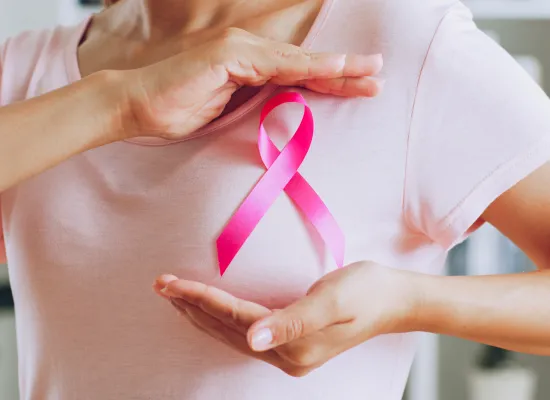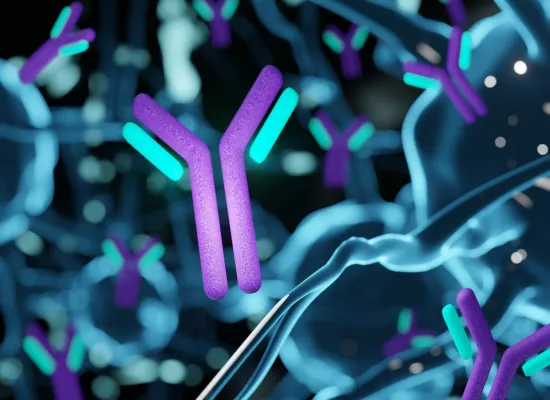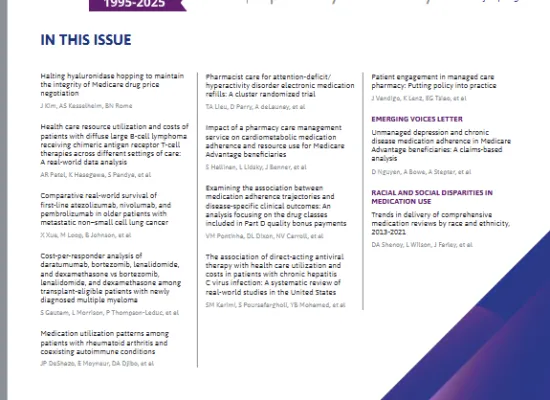
HIV Resources
HIV, or Human Immunodeficiency Virus, is a retrovirus that attacks the immune system, progressively weakening the body's natural defenses against infections and diseases. When left untreated, HIV can progress to Acquired Immunodeficiency Syndrome (AIDS), a late stage of HIV infection characterized by various life-threatening opportunistic infections and cancers. HIV is primarily transmitted through blood, semen, vaginal fluids, and breast milk of an infected individual, commonly through unprotected sexual contact, sharing needles, and from mother to child during childbirth or breastfeeding.
Antiretroviral therapy (ART) is the cornerstone of HIV treatment, suppressing viral replication and preserving the immune system's function. ART cannot cure HIV, but when taken consistently and correctly, it allows people living with HIV to lead healthy, productive lives and reduces the risk of transmission to others. Early diagnosis and treatment are crucial, as they can dramatically improve long-term health outcomes and prevent the progression of AIDS.
Preventing HIV transmission remains a global priority, with strategies including promoting safe sex practices, increasing access to pre-exposure prophylaxis (PrEP) and post-exposure prophylaxis (PEP), and encouraging regular HIV testing. Public awareness campaigns and educational programs are vital for reducing the stigma and discrimination associated with HIV, which can act as barriers to testing, treatment, and support.1
Journal of Managed Care + Specialty Pharmacy
- Health care resource utilization and costs for treatment-experienced people with HIV switching or restarting antiretroviral regimens since 2018 Journal of Managed Care + Specialty Pharmacy Vol. 30, No. 8, pp. 817–824 August 2024
- The Economic Burden of HIV-Associated Wasting in the Era of Modern Antiretroviral Therapy. Journal of Managed Care + Specialty Pharmacy Vol. 28, No. 10, pp. 1180–1189 October 2022
- Correlation between medication adherence using proportion of days covered and achieving viral suppression in patients living with HIV Journal of Managed Care + Specialty Pharmacy Vol. 29, No. 10, pp. 1129–1137 October 2023
- HIV preexposure prophylaxis treatment patterns in a national health plan population Journal of Managed Care & Specialty Pharmacy Vol. 29, No. 12, pp. 1267–1274 December 2023
- Estimating HIV Management and Comorbidity Costs Among Aging HIV Patients in the United States: A Systematic Review Journal of Managed Care + Specialty Pharmacy Vol. 26, No. 2, pp. 104–116 February 2020
Additional Publications
- HIV Silencing and Cell Survival Signatures in Infected T Cell Reservoirs. Clark I C J, Mudvari P, Thaploo S, et al. Nature. 2023, Feb. doi: 10.1038/s41586-022-05556-6.
- Strategies for HIV-1 Vaccines That Induce Broadly Neutralizing Antibodies. Hayes B F, Wiehe K, Borrow P, et al. Nature Reviews. Immunology. 2023, Mar. doi: 10.1038/s41577-022-00753-w.
- Polyfunctionality of Broadly Neutralizing HIV-1 Antibodies. Vrignaud L, Schwartz O, Bruel T. Current Opinion In HIV and AIDS. 2023, Jul. doi: 10.1097/COH.0000000000000799.
- Molecular Mechanisms by Which the HIV-1 Latent Reservoir Is Established and Therapeutic Strategies for Its Elimination. Chvatal-Medina M, Lopez-Guzman C, Dias F J, et al. Archives of Virology. 2023, Aug. doi: 10.1007/s00705-023-05800-y.
- HIV biosensors for early diagnosis of infection: The intertwine of nanotechnology with sensing strategies. Farzin L, Shamsipur M, Samandari L, et al. Talanta. 2020 Jan. doi: 10.1016/j.talanta.2019.120201.
- Experimental Systems for Measuring HIV Latency and Reactivation. Fujinaga K, Cary D C. Viruses. 2020, Nov. doi: 10.3390/v12111279.
Sponsored by ViiV Healthcare.
1. Centers for Disease Control and Prevention. (2022). HIV. Retrieved from https://www.cdc.gov/hiv/about/?CDC_AAref_Val=https://www.cdc.gov/hiv/basics/whatishiv.html.
Featured News & Resources
See Full CalendarAward Applications Open
AMCP eLearning Day: Nexus Encore
AMCP 2026 Registration Opens
Upcoming Events
AMCP offers a wide variety of educational opportunities, from events and webinars to online training.







